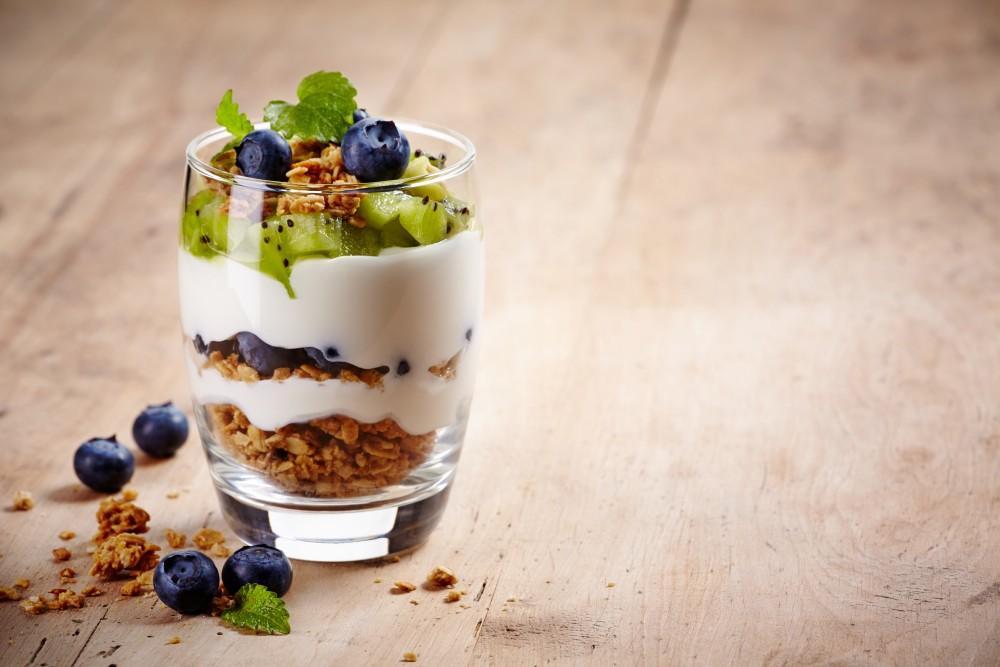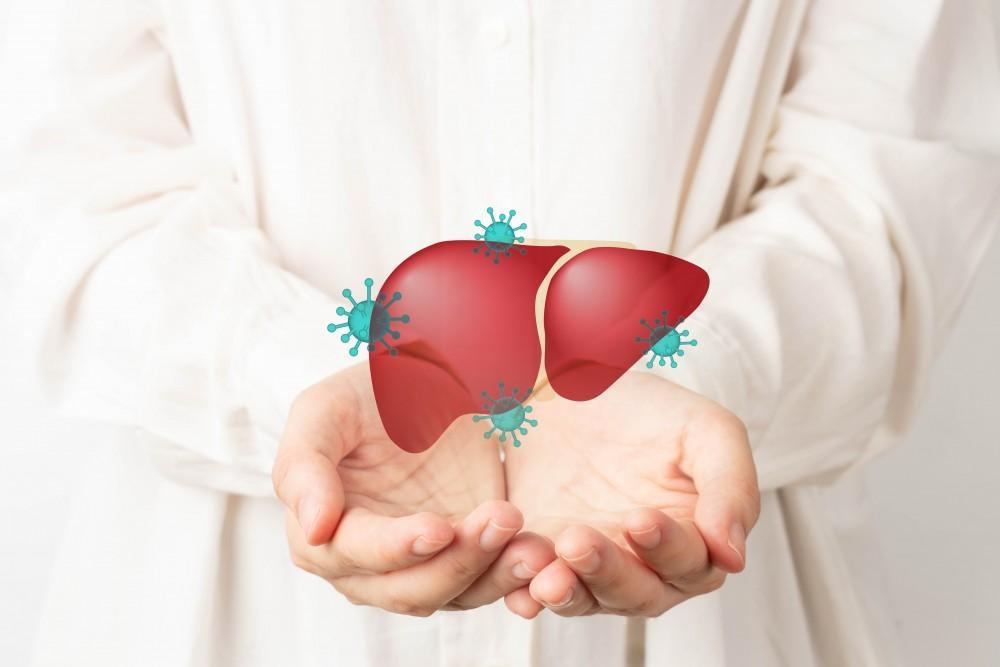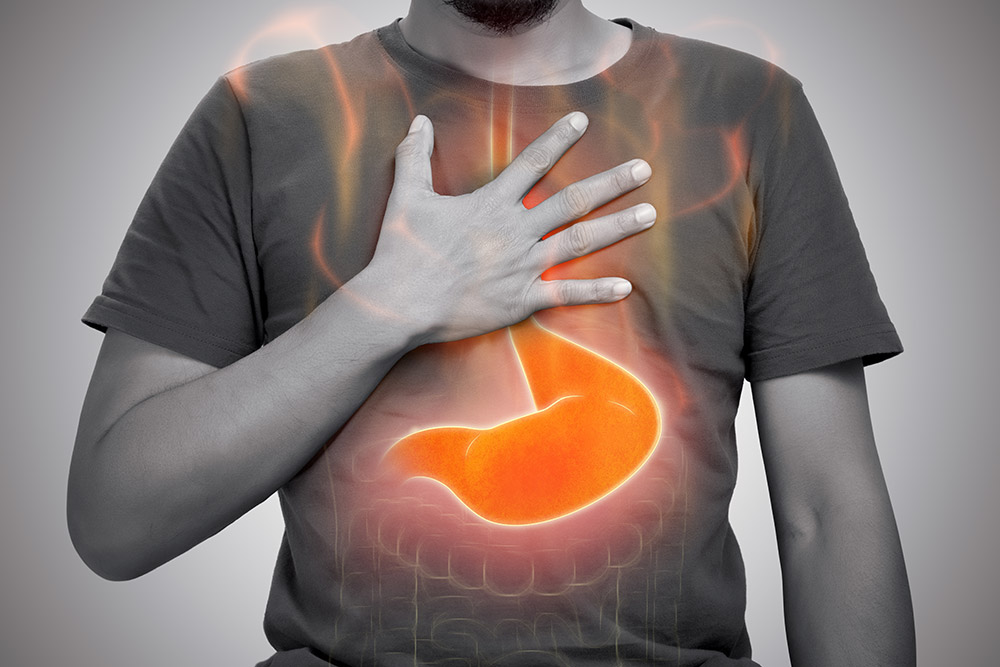What Is Diverticulosis of the Colon?
Diverticulosis occurs when small pouches (diverticula) form in the wall of the colon. These pouches are not inflamed or infected, and many people have them without knowing. It differs from diverticulitis, which involves infection and pain.
Common Causes and Risk Factors
- Low-fiber diet
- Aging (weakened colon wall)
- Family history of colon disorders
- Overweight or obesity
- Physical inactivity
Signs and Symptoms
- Often no symptoms in early stages
- Mild abdominal cramping or discomfort
- Constipation or changes in bowel habits
- Occasional small amounts of blood in the stool
How Dr. Rishi Diagnoses Diverticulosis Of Colon?
Dr. Rishi Chadha uses a step-by-step approach:
Medical History and Physical Exam
He reviews your symptoms, diet, lifestyle habits, and family history, then performs a gentle abdominal exam to check for tenderness or bloating.
Blood and Stool Tests
Basic blood work looks for signs of anemia or inflammation, while stool studies rule out infections or hidden blood.
Imaging Studies
- Colonoscopy : A minimally invasive scope lets Dr. Chadha directly visualize the colon lining, identify diverticula, and screen for polyps.
- CT Scan : Provides detailed cross-sectional images of the colon wall and surrounding tissues to confirm diverticula and assess for complications.
Advanced Testing (if needed)
On rare occasions, a barium enema or specialized contrast imaging may be ordered to clarify complex anatomy or rule out other conditions.
Frequently Asked Questions
What is diverticulosis?
Diverticulosis means small pouches called diverticula form in the colon wall without inflammation or infection.
What causes diverticulosis?
Low fiber intake, aging, family history of colon problems, being overweight, and a sedentary lifestyle increase risk.
How do I know if I have diverticulosis?
Most people have no symptoms. A colonoscopy or CT scan can reveal diverticula even when you feel fine.
Can diverticulosis turn into diverticulitis?
Yes. If a pouch becomes inflamed or infected, it leads to diverticulitis, which causes pain, fever, and more serious complications.
What is the ICD-10 code for diverticulosis?
The code is K57.30 diverticulosis without bleeding or infection.
How can diet help manage diverticulosis?
Eating 20-35 grams of fiber daily, drinking plenty of water, and choosing fruits, vegetables, and whole grains support colon health.
Are there any medications for diverticulosis?
Fiber supplements or powders, probiotics for gut balance, and acetaminophen for mild pain relief are commonly used; avoid NSAIDs unless advised.
Will I need surgery for diverticulosis?
Surgery is rare and only recommended for serious complications like uncontrollable bleeding, obstruction, or recurrent infection.
Is diverticulosis genetic?
Family history can increase your risk, but adopting a high-fiber diet and active lifestyle can help prevent or manage the condition.











